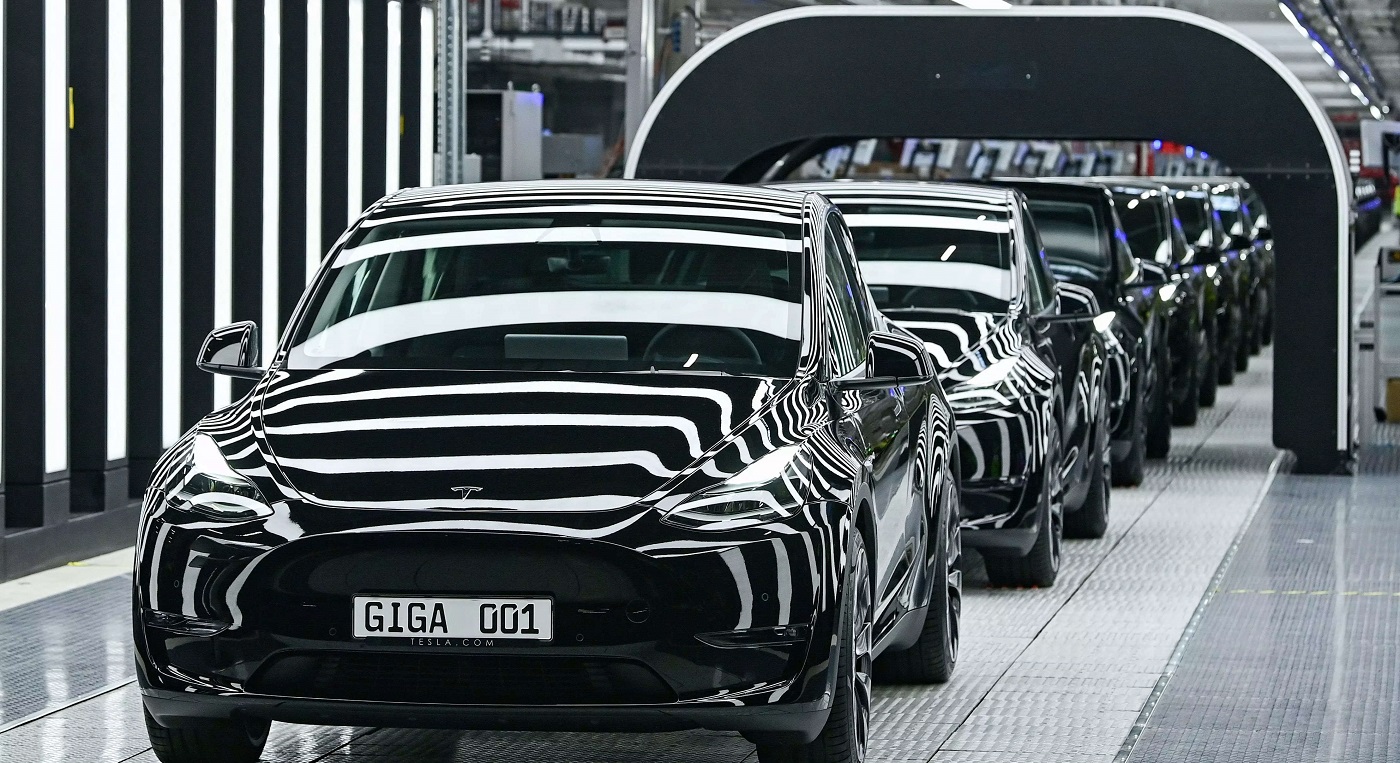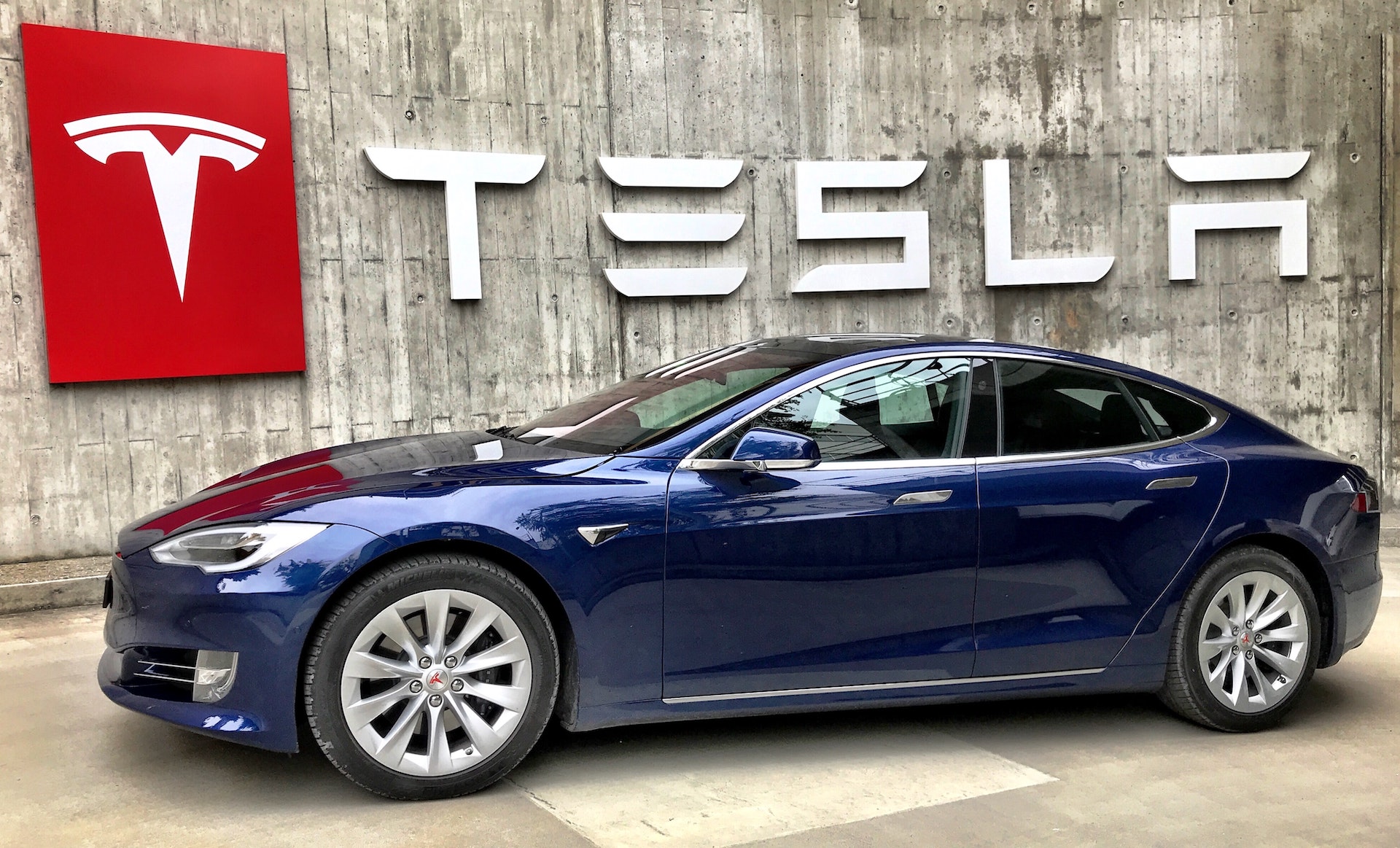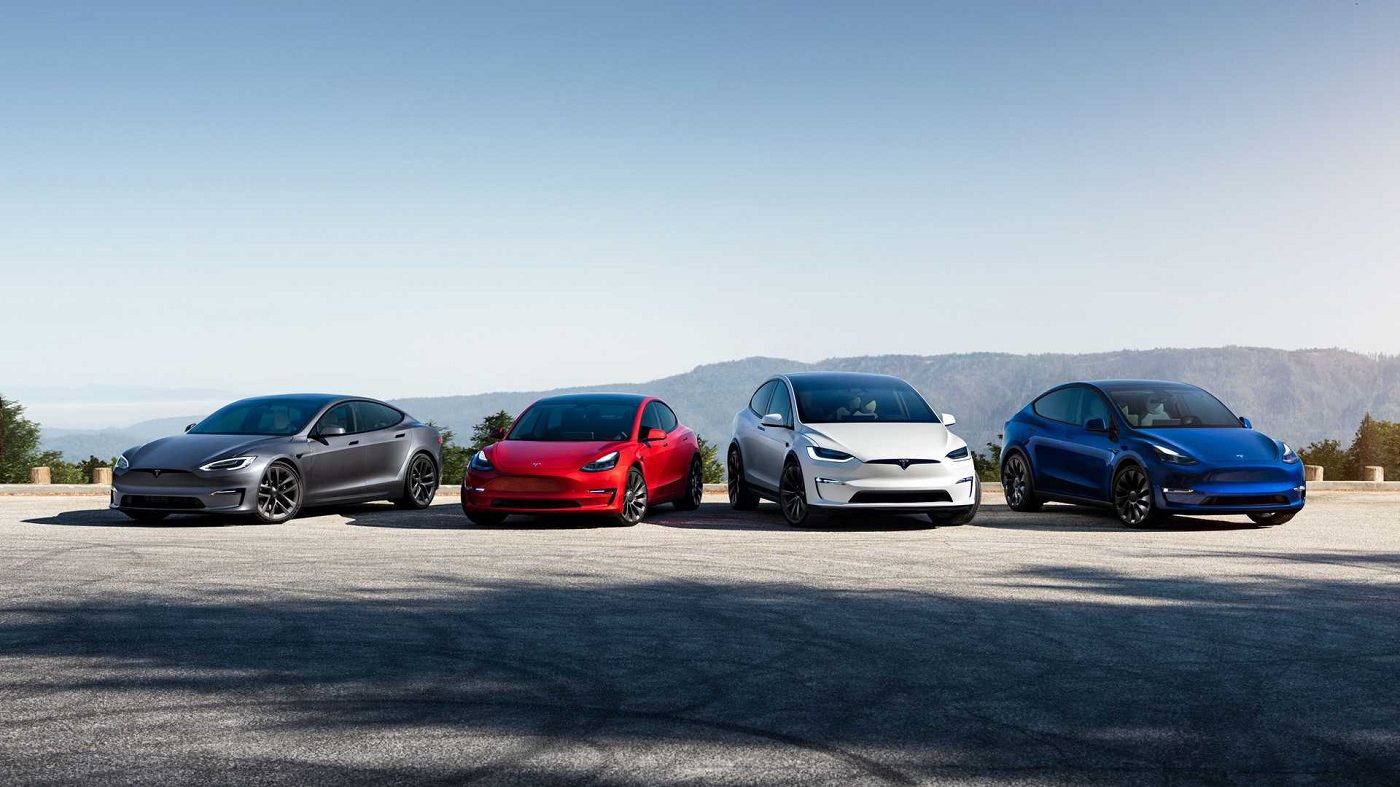
The 59-year-old founder of Amazon now has a wooden...
news-extra-space

 The car company explains that some of these electric cars (EVs) were "in transit at the end of the quarter," adding that they "have been ordered and will be delivered to customers upon arrival at their destination."
According to Tesla, some of the EVs still haven't been delivered, which notes that it had been challenging to "secure car transportation capacity and at a reasonable rate during these peak logistics weeks."
Also Read: Tesla Missed Wall Street’s Prediction for Q3
Musk instructed staff members to cease pushing for increased quarterly deliveries and to instead concentrate on lowering transit-related costs last year. In response to a Twitter user who questioned him about the difficulties Tesla confronts with car transportation, Musk reinforced that sentiment.
"Smoothing out the chaotic end-of-quarter delivery wave to lower expedite costs & lessen stress on the Tesla team. Aiming for more consistent delivery throughout the quarter," Musk writes on Twitter.
The car company explains that some of these electric cars (EVs) were "in transit at the end of the quarter," adding that they "have been ordered and will be delivered to customers upon arrival at their destination."
According to Tesla, some of the EVs still haven't been delivered, which notes that it had been challenging to "secure car transportation capacity and at a reasonable rate during these peak logistics weeks."
Also Read: Tesla Missed Wall Street’s Prediction for Q3
Musk instructed staff members to cease pushing for increased quarterly deliveries and to instead concentrate on lowering transit-related costs last year. In response to a Twitter user who questioned him about the difficulties Tesla confronts with car transportation, Musk reinforced that sentiment.
"Smoothing out the chaotic end-of-quarter delivery wave to lower expedite costs & lessen stress on the Tesla team. Aiming for more consistent delivery throughout the quarter," Musk writes on Twitter.
 Following a string of closures at its Shanghai production due to the city's COVID lockout regulations, Tesla interrupted its two-year streak of record-breaking deliveries last quarter.
The number of vehicles delivered by the firm at the time, 254,695, was the lowest since the third quarter of 2021. Since Shanghai is no longer under lockdown and the new Gigafactories in Texas and Berlin have begun production, Tesla has been able to increase production this quarter.
Meanwhile, during its AI Day event last week, Tesla revealed that 160,000 Tesla drivers now have access to the Full Self Driving beta, the driver-assist program at the core of two lawsuits.
Following a string of closures at its Shanghai production due to the city's COVID lockout regulations, Tesla interrupted its two-year streak of record-breaking deliveries last quarter.
The number of vehicles delivered by the firm at the time, 254,695, was the lowest since the third quarter of 2021. Since Shanghai is no longer under lockdown and the new Gigafactories in Texas and Berlin have begun production, Tesla has been able to increase production this quarter.
Meanwhile, during its AI Day event last week, Tesla revealed that 160,000 Tesla drivers now have access to the Full Self Driving beta, the driver-assist program at the core of two lawsuits.
Leave a Reply






